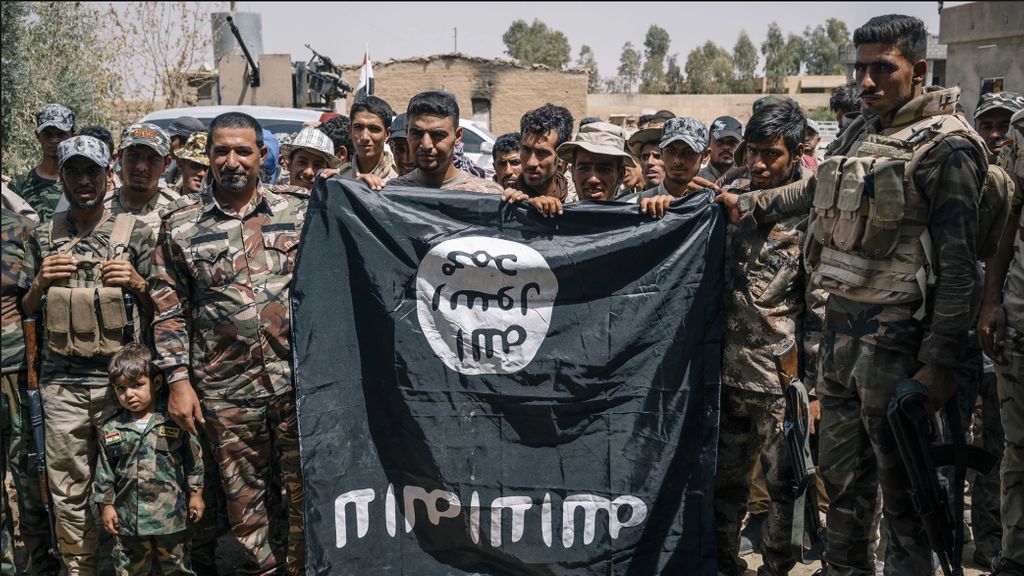Iraqi Crisis- Islamic State(I S)
Jun 10, 2019 • 147 views
IS is a group of Sunni Jihadists led by Abu Bakr al-Baghdadi which emerged from Al-Qaeda in the wake of the Syrian crisis and backed by thousands of Islamists fighters in Syria and Iraq and it appears to be surpassing Al-Qaeda as the world's most dangerous Jihadists group. The roots of IS are in Iraq but the group was generally influenced by its experiences fighting in Syria. IS ultimately split from Al-Qaeda because Baghdadi's group had a different goal in mind i.e. capturing large number of territories to establish an Islamic state. It is also known as Islamic State of Iraq and Syria(ISIS) and the other name being Islamic State of Iraq and Levant(ISIL).

Its purpose is to establish Islamic State in parts of Syria and Iraq and has already obliterated the border between the two countries. It controls large areas of territory in those regions of Syria which lie on the border of Iraq. Its motivated by the Islamic ideology and get support and weapons from Saudi Arabia.
IS operates as a half-mafia-style commercial enterprise, half international charity looking for wealthy donors in the Gulf states and throughout the globe. It is certainly not lacking in oppurtunism in commercialising its military activities. In 2012 ISIS took over oil fields in Syria, reaping profits from selling the oil at discounted price to anyone willing to pay. It has traded in the raw materials in areas it has captured, and even dabbled in selling antique things from monuments under its control.
When it comes to media and marketing, Islamic terrorists are a savvy bunch. With the various movements all trying to get new recruits and jostling for recognition on the world political stage. ISIS has been a game changer in terms of using Twitter, youtube and its own online apps to engage with potential recruits, promote its victories and antagonize its perceived enemies.
How India can help Iraq?
Through political support.
Through moral support
Through diplomatic support.
Through financial support.
By stopping the funding of ISIS from India.
By stopping the flow of manpower from India to ISIS.
Conclusion: The recent IS attacks in Iraq and the subsequent crisis for the survival of the government of Iraq should not be viewed in isolation. It is part of larger turmoil engulfing the entire West Asia. The American Policy in West Asia has proved as catalyst for this destabilisation. Egypt has hardly survived the civil war, Syria is in the thrones of a violent civil war and Iraq and Yemen are on the verge of collapse. Turkey and Saudi Arabia appear to have survived but only as authoritarian regimes.
